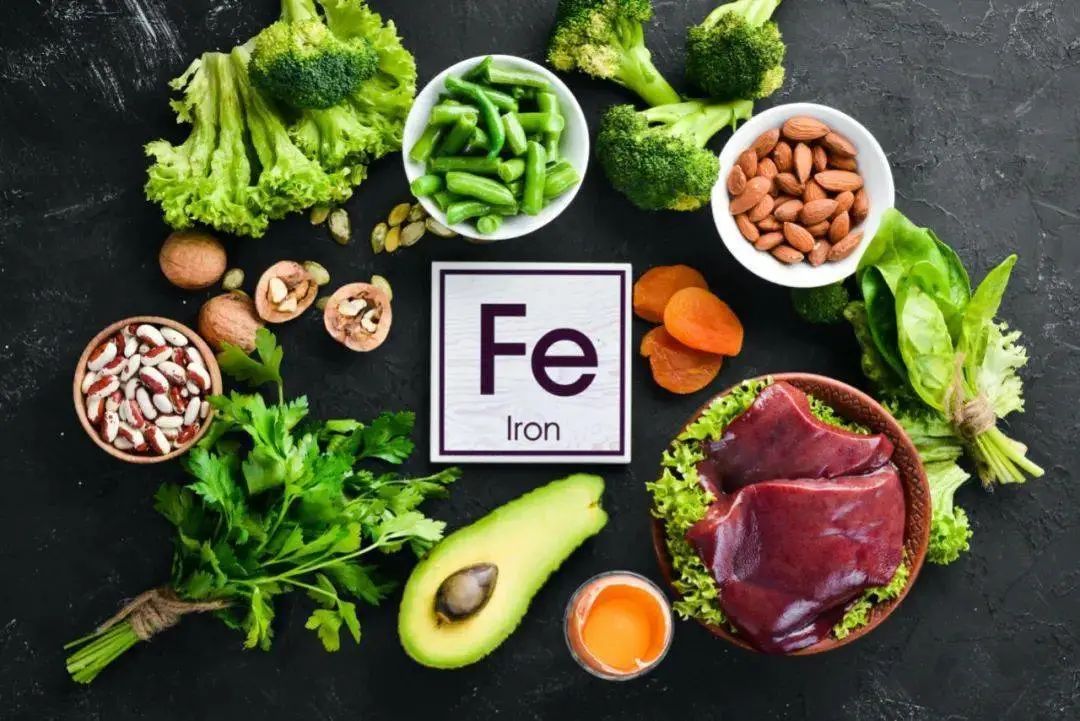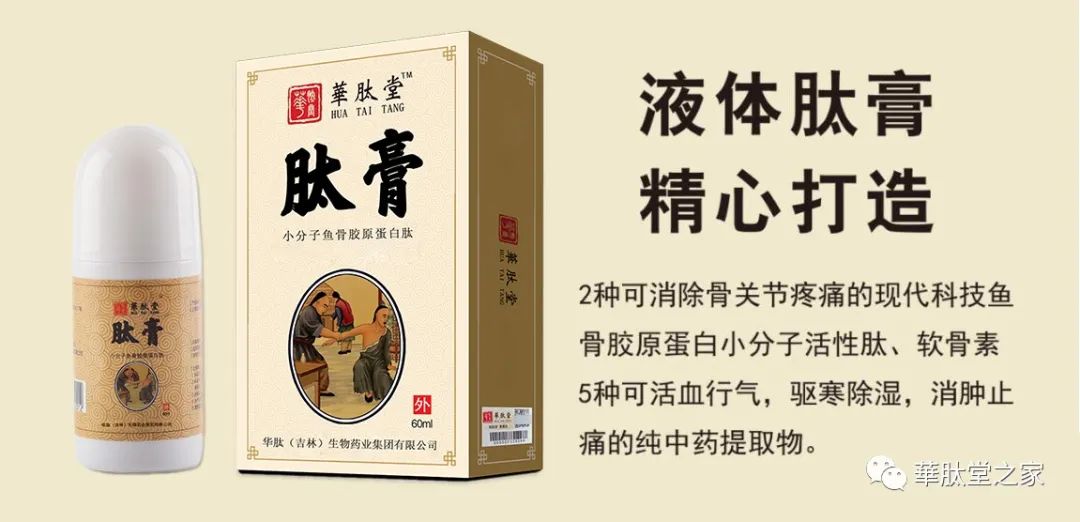Click the blue text above to follow us
Anemia is a common condition that primarily affects women, impacting their daily life and work. What should you do if you have anemia? There are many causes of anemia, which may include excessive blood loss or dietary issues. What foods can help replenish blood?

Causes of Anemia
1. Excessive Blood Loss
Excessive blood loss is a common cause of anemia. Conditions such as gastrointestinal bleeding, hemorrhoids, gastrointestinal polyps, tumors, and blood in the stool can all lead to anemia. Therefore, individuals with severe anemia should be vigilant in screening for underlying diseases.
2. Heavy Menstrual Bleeding
Women lose iron during their menstrual cycle, typically about 50 milliliters of blood each month. However, if menstrual bleeding is heavy, it can lead to significant iron deficiency, which can result in anemia over time.

3. Poor Iron Absorption
Some patients experience anemia due to gastrointestinal diseases that affect iron absorption, such as gastritis, intestinal mucosal lesions, and duodenal ulcers. If anemia is caused by such conditions, it is essential to treat the underlying disease promptly.
4. Insufficient Iron Intake
Insufficient iron intake can easily lead to anemia. Infants and adolescents have increased iron requirements during rapid growth periods. If parents do not pay attention to their children’s nutritional intake, it can result in iron deficiency and anemia. Additionally, pregnant and breastfeeding women also have increased iron needs, and neglecting to supplement can easily lead to anemia.

5. Weight Loss
Many women lose weight not through exercise but by dieting or taking weight loss pills. Prolonged nutritional imbalance can lead to iron deficiency and result in anemia.
What to Do About Anemia
1. Dietary Iron Supplementation
For patients with anemia, dietary adjustments can be an effective method. Many foods can help replenish blood, such as animal organs, which are rich in iron. Glycated hemoglobin is present in animal blood, which can help replenish blood. Additionally, the vitamin C and lysine found in amaranth can also contribute to blood replenishment.
2. Exercise for Blood Replenishment
While dietary supplementation is important, its effectiveness can be limited. Some individuals may consume a lot of food but have poor absorption, which can lead to anemia. For these patients, maintaining a regular exercise routine can significantly improve physical health, and when combined with a proper diet, it can enhance blood replenishment.

3. Medicinal Iron Supplementation
For individuals who frequently experience anemia, the best approach is to seek medicinal treatment, but this should be done under a doctor’s guidance. Generally, doctors categorize anemia into three types based on its causes: nutritional anemia, autoimmune hemolytic anemia, and chronic aplastic anemia, each requiring different treatment plans. We should follow the doctor’s recommendations after a thorough examination.
Always pay attention to joint health and seek timely treatment to maximize recovery. If you have peptide ointment at home, apply it immediately to relieve pain and care for your joints!

end
Scan the QR code
Follow for more exciting content
Hua Tai Tang Home



